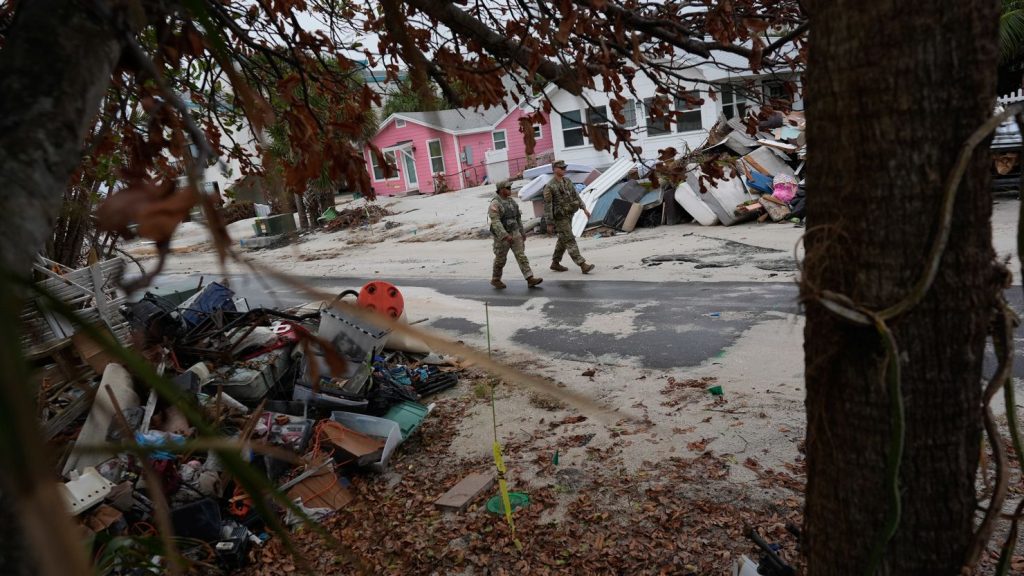Recent catastrophic hurricanes, Milton and Helene, have starkly highlighted that climate change poses a more immediate and devastating threat to American lives than traditional adversaries like terrorism and authoritarian regimes. As communities grapple with the aftermath of these storms, it’s clear that the increasing intensity of such weather events is linked to rising ocean temperatures driven by climate change.
Hurricane Milton wreaked havoc across Florida, leaving widespread destruction in its wake. Just weeks earlier, Hurricane Helene caused significant damage even hundreds of miles inland, impacting areas like Asheville, North Carolina, which were previously thought to be insulated from such extreme weather. Helene’s toll was grim, claiming at least 232 lives.
Acknowledging climate change as a national security issue is not merely a liberal viewpoint; it reflects a pragmatic recognition of the realities we face. The Pentagon has already identified climate change as a critical threat, elevating it on the list of dangers facing the nation. In a 2021 statement, U.S. Secretary of Defense Lloyd Austin emphasized, “We face many threats, but few truly deserve to be called existential. The climate crisis does.”
Military installations in low-lying areas, such as Norfolk and Virginia Beach, are particularly vulnerable to rising sea levels, prompting the Pentagon to develop strategies to mitigate climate impacts. Furthermore, climate change is contributing to a surge of climate refugees worldwide, exacerbating conflicts, particularly in regions like Sudan, which is currently experiencing one of the deadliest wars on the planet.
Historically, the concept of national security has evolved. President Franklin Delano Roosevelt had a broader vision, focusing on the overall well-being and security of American citizens rather than solely on external threats. In his 1941 State of the Union address, he spoke of the necessity for “freedom from want,” advocating for economic conditions that ensure a healthy life for all nations’ inhabitants. This perspective led to the establishment of Social Security in 1935, a program that remains immensely popular today.
However, the Cold War shifted the focus of national security to a narrower definition centered on military threats from adversarial nations. This new paradigm persisted after the September 11 attacks, with the George W. Bush administration’s 2002 national security strategy prioritizing the fight against terrorism and tyranny.
Revisiting and expanding our understanding of national security is increasingly urgent. Climate change is not the sole existential threat; the COVID-19 pandemic serves as a sobering reminder, claiming around 1.2 million American lives—equivalent to the total casualties from every U.S. conflict since the Revolutionary War. This reality underscores the need for comprehensive planning to address future pandemics, especially given the global travel patterns that facilitate their spread.
In light of the destruction caused by the recent hurricanes, American politicians may finally be compelled to develop effective strategies to combat climate change. This could include measures such as restricting new developments in flood-prone areas.
After the devastation of Hurricane Milton, it’s vital for Americans to reflect: Are we safer from threats like climate change and pandemics? If the answer is no, it is time to initiate a serious conversation about redefining national security to encompass these critical issues. The urgency for action has never been greater, and a comprehensive approach to security must include environmental resilience and public health preparedness as foundational components.









